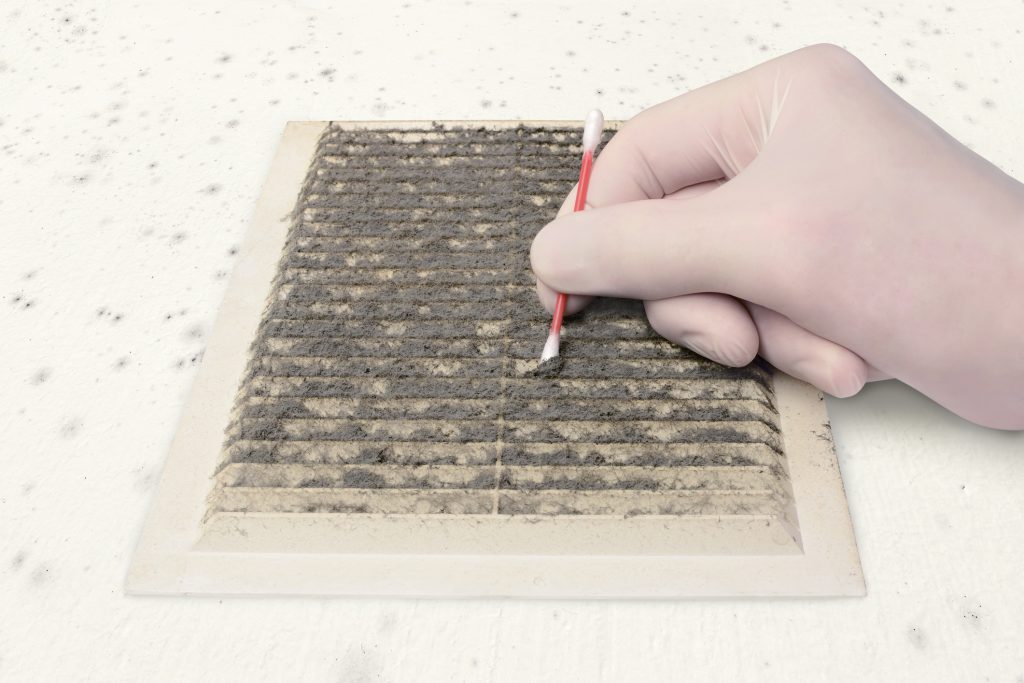How to Improve Your Indoor Air Circulation
A lot of homes today are made well-insulated and energy efficient. This may be beneficial to your pocket in terms of electricity savings. But, this may compromise the quality of your indoor air.
You need to find ways for “air exchange” to happen. This means moving indoor air out, and outdoor air in. This will help prevent the air in your home from becoming stagnant. In short, you need to have proper ventilation in your home.
A proper ventilation system helps in circulating air in your home. It makes sure that air moves through the various areas in the house. There are different ways to ventilate your home. These include simple steps such as opening your windows and doors, to installing a house-wide ventilation system in the attic.
Having said that, here are some proven solutions to help you retain the air quality in your home, while still ensuring energy efficiency.

Opening Doors and Windows
This is a no-brainer. Just opening your doors and windows can improve the circulation of air indoors. Try opening the windows in various rooms of your home. This way, you are able to create a cross-flow that will promote proper air circulation in the entire house.
Opening doors and windows for extended periods may not always be possible. For one, it may not be a good idea to do so when the weather is cold. In this case, you may just open a window or two for around 15 minutes once or twice each day. This will help improve air circulation, but will not adversely affect your heating system.
Adding House Plants
Various studies and research have proven that having plants in your home is a great way to purify indoor air. Because plants emit oxygen, it follows that adding houseplants in your interiors will improve breathable air quality inside your house.
Aside from the indoor plants’ ability to filter air, they also absorb airborne toxins like formaldehyde, trichloroethylene, and benzene. There are many plants that you can consider for enhancing indoor air quality. These include the Chinese evergreen plant, snake plant, peace lily, red-edged dracaena, spider plant, and golden pothos.
Turn Ceiling Fans On
Merely using your ceiling fans can already help improve air circulation in your home. Not only will it help you circulate air around your house. It will likewise lessen the load on your air-conditioning unit, resulting in significant savings in electricity bills.
Ceiling fans are great to use to make your living spaces cooler, in particular, when the weather is moderate, and humidity is low. You can save your AC for warmer weather.
Scheduling Duct Cleaning
Over time, dust, dirt, and debris build up in your HVAC system’s ducts. As a result, the system may limit the proper circulation of air in your home. Simply put, it affects your system’s optimal functioning.
As a home or business owner, it is your responsibility to have your duct cleaned regularly. This will help improve the quality and flow of air in your home.
There is no question that regular duct cleaning can help prevent impure air from circulating indoors. It will also allow your HVAC system to perform more efficiently since the ducts are unimpeded and have no obstructions.
Installing Exhaust Fans
Proper ventilation is crucial in your kitchen and bathroom. This way, you can make sure that your bathroom and kitchen will remain fresh all day.
Exhaust fans are similar to regular window fans, except that they work reversely. Install exhaust fans in these areas. Unlike a window fan that blows air inwards, an exhaust fan draws moisture and moist air outdoors. This helps keep humidity in your home low. It also helps eliminate airborne contaminants.
Replacing Air Filters
Air filters play a crucial role in the HVAC system’s optimal functioning. They serve as your system’s first line of defense. As a result, they are prone to dust and dirt build-up. It is, therefore, necessary to clean or replace them regularly, based on the recommendations of the manufacturer.
Clogged air filters will not be able to perform their job well. Then can render your HVAC system inefficient, and make it work harder. This will result in higher electricity bills.

